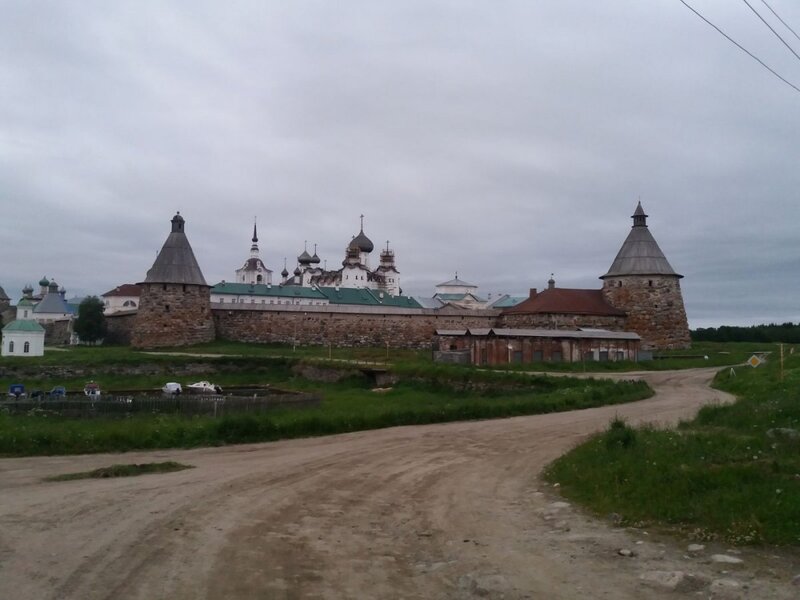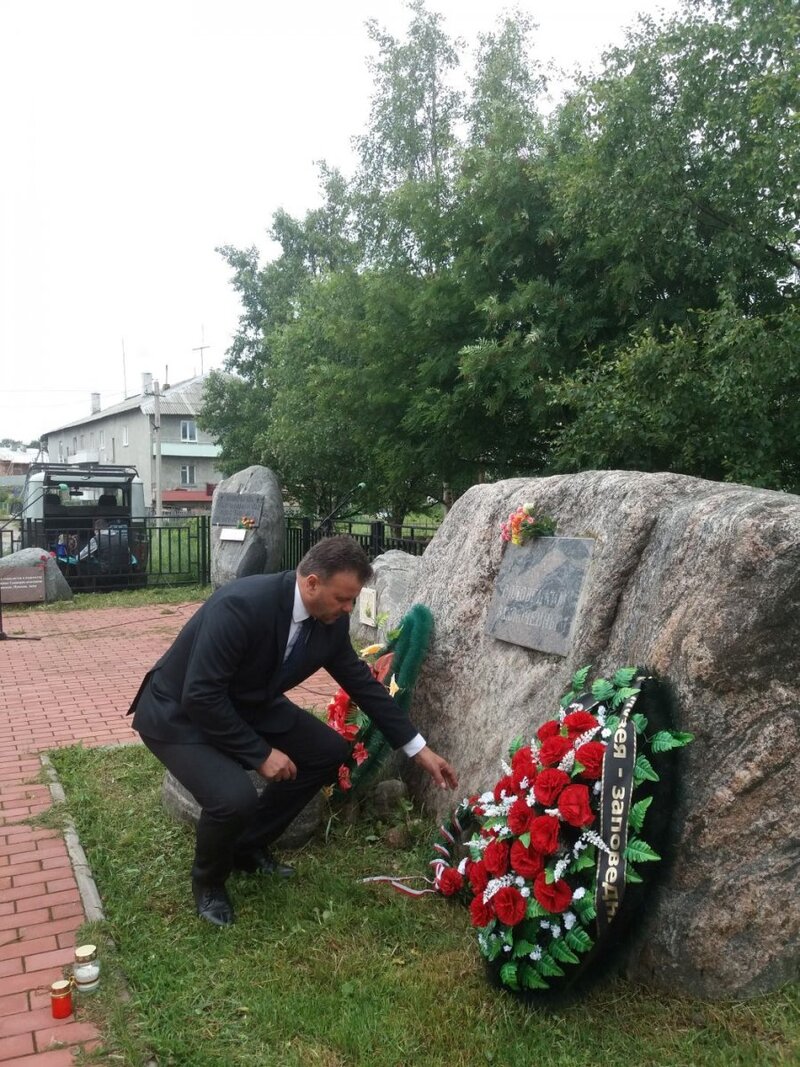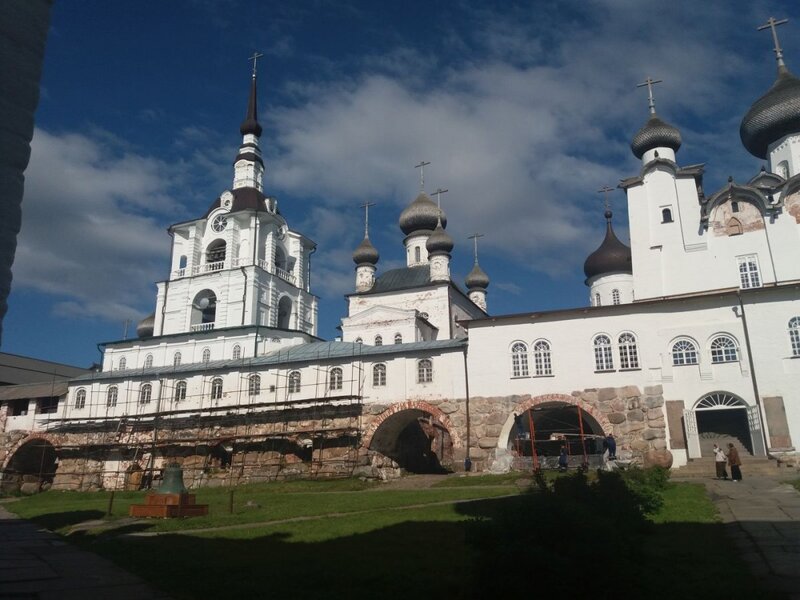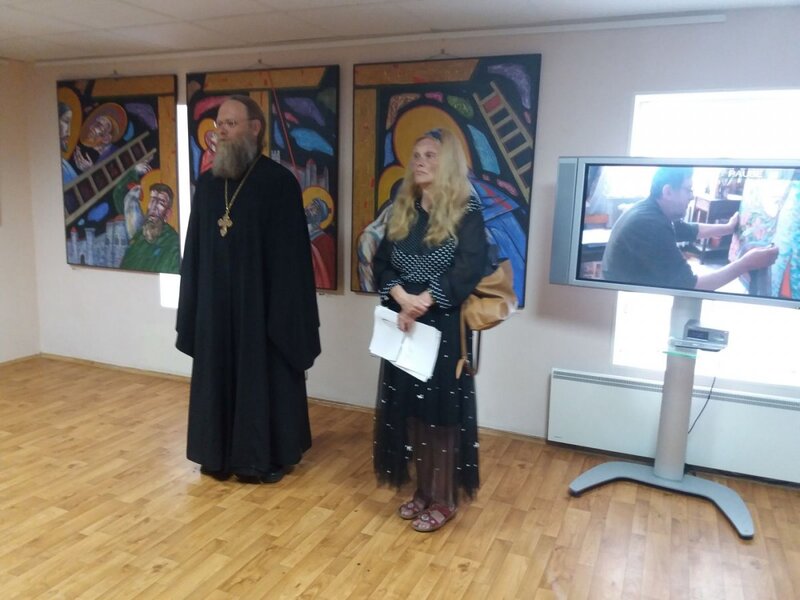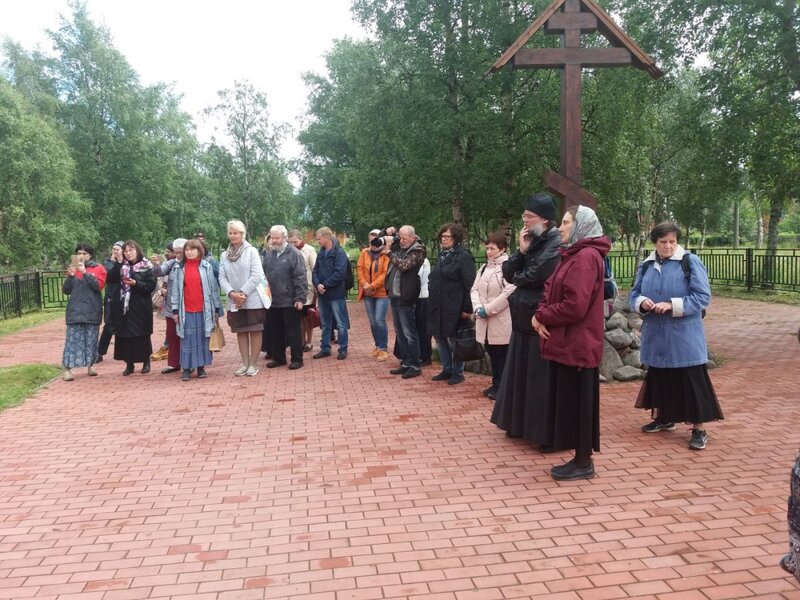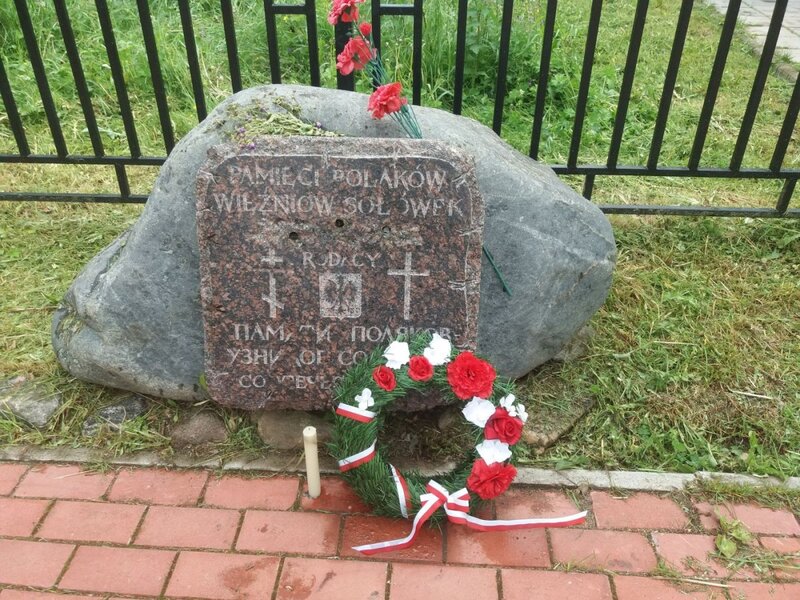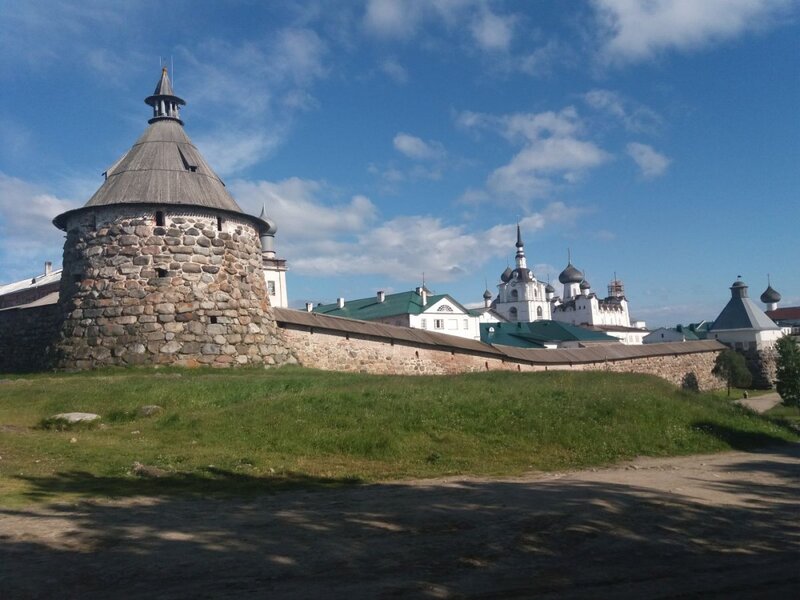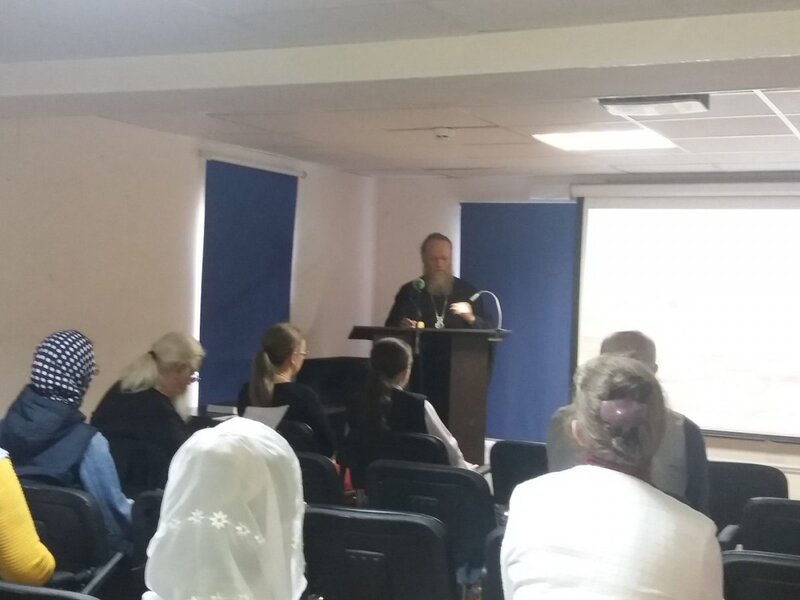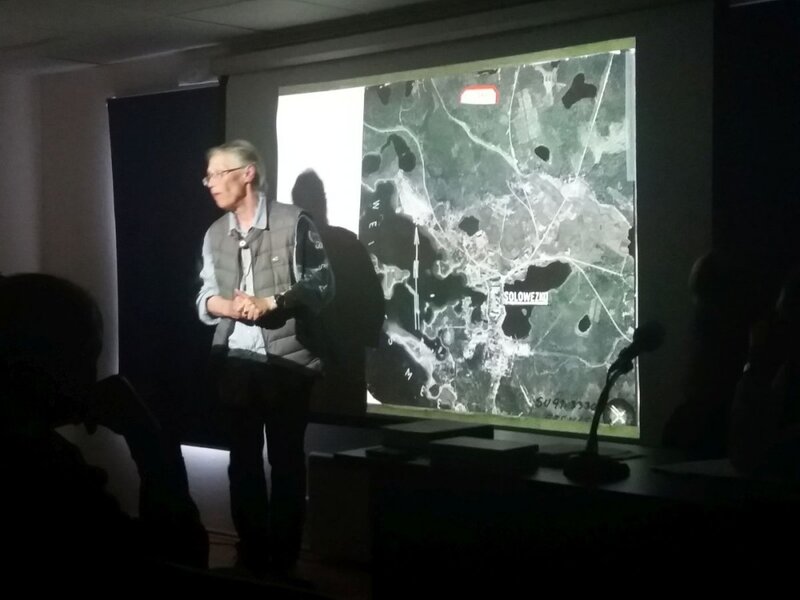The Solovki Special Prison (STON) was the first element of the GULAG system, which was created there and resulted in thousands of victims of various nationalities - among them were also Poles. During the meeting, the victims’ families presentations were held, describing how long and with what difficulty they reached the truth about their ancestors - sometimes only 70 years after their death. An interesting presentation concerned the Luftwaffe’s aerial photos of the Second World War, depicting the Solovetsky Islands. The second day of the meeting was devoted to the fate of the Catholic and Orthodox clergy - the prisoners of the STON, as well as the help they received from their congregation who were free.
The participants of the conference visited the famous Solovetsky Monastery, where in 1923-1937 thousands of prisoners were kept, many of whom were shot, and many others died of starvation and cold. The local Museum of the STON as well as former barracks were also shown.
The culminating point was the wreath-laying ceremony at the monument to all those imprisoned, and also at the Polish plaque commemorating the murdered and repressed Poles. That day in the Church of the Holy Trinity in the monastery area a solemn prayer in honor of all victims of the communist system took place. People prayed on the nameless graves of the STON victims at the local cemetery.
As part of the conference, new publications devoted to the criminal system and exhibitions on victims were presented. Music concerts were also organised .
